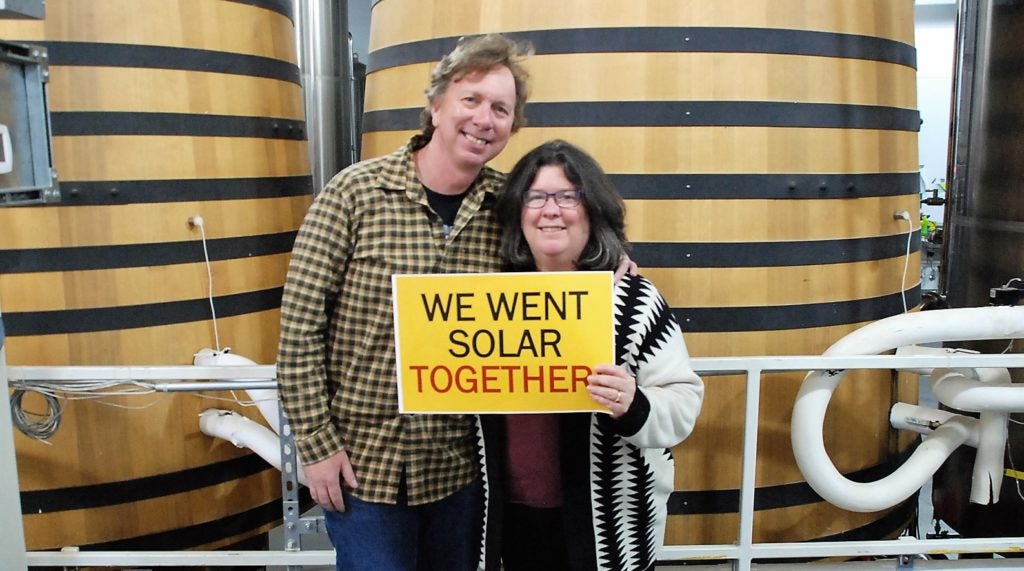Going solar in Colorado: What you need to know

If you live in Colorado, and are thinking about going solar, you’re in luck. The Centennial State ranks among the best for going solar. The state has a strong net metering program that ensures you will be fairly credited for the electricity you produce. There is a robust market for renewable energy credits. Many municipalities also provide additional incentives for going solar as well. While each home and system are unique, you should expect an investment in solar to pay back in roughly 8-12 years.
When your solar array isn’t producing enough electricity to meet your needs (at night, or on a particularly cloudy day), you’re able to consume electricity from the grid. This ensures you always have a continuous supply of electricity. When your solar array generates more power than your home needs, the excess is sent back out through your electric meter to your neighbors. Net metering ensures you are properly credited for this excess electricity. Colorado utilities are required to credit you at the full retail rate of the cost of electricity.
Colorado solar systems generate more than just electricity. They also generate renewable energy credits. These credits can be bought and sold like a stock or bond. Colorado utilities purchase these credits in order to comply with state law that requires a certain percentage of the electricity they generate come from renewable energy sources. Purchasing these credits is a way that utilities can meet the requirement.
Local solar incentives
The renewable energy credit market is set at the state level. Several municipalities and local utilities offer incentives to go solar as well. For example, Colorado Springs offers customers who go solar a 20¢/watt rebate. Boulder offers up to a 15 percent sales and use tax when purchasing a solar system. The city also offers grants to go solar for non-profit organizations as well as low-and-moderate income residents.
While the wind for solar in Colorado may be at your back, there can still be barriers to going solar. A common one is from homeowners associations that may attempt to block an installation that is visible from the street. Fortunately, Colorado has a strong solar access law that protects your right to install solar. If you do find you are facing opposition from your HOA, download our free guide to learn how you can work with your HOA to allow you to go solar.
